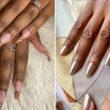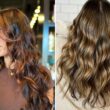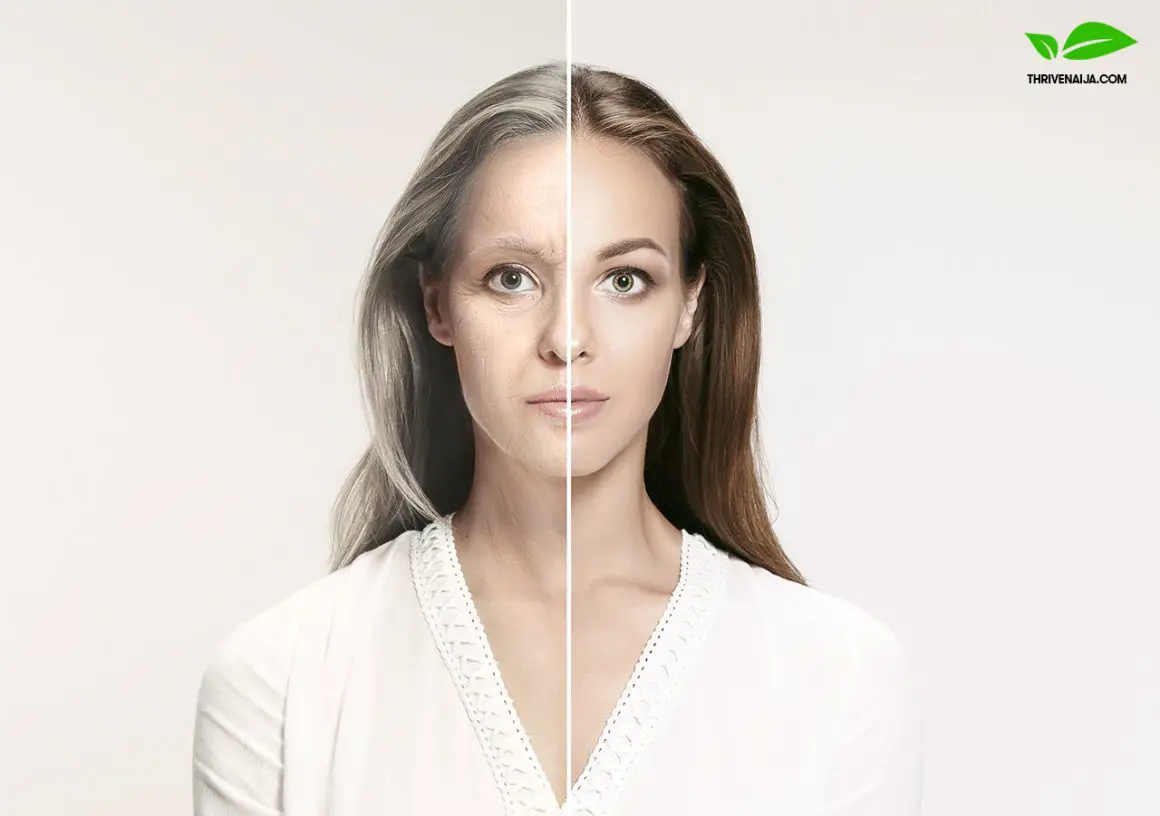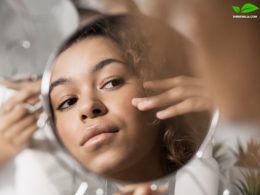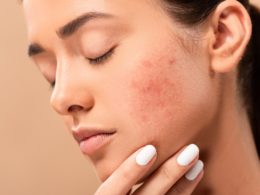Who doesn’t want a youthful and radiant skin? Everything you’ve always wanted to know about skin resurfacing is mentioned in this post.
There are so many factors that affect our skin composition resulting in acne, scar, age spots, uneven tone, and other undesirable skin conditions. Fortunately, skin resurfacing can finally give you the good skin that you once had or desire.
So what is skin resurfacing and what does it entail? We have answered this and more questions in this article. Read on
Table of Contents
- What is skin resurfacing?
- Am I suitable for skin resurfacing?
- Is there anything I need to do before reconsidering skin resurfacing?
- How is skin resurfacing done?
- Is laser skin resurfacing painful?
- Are there any side effects and risks involved with skin resurfacing?
- How much is laser skin resurfacing?
- What should I expect after the procedure?
- How to get the best out of skin resurfacing
What is skin resurfacing?
Skin resurfacing are types of treatments that restore the skin’s vibrancy by removing the damaged outer layers to reveal healthier skin beneath. The skin’s healthier cells grow to give one a youthful and radiant complexion.
Ablative skin resurfacing is divided into two categories; erbium and carbon dioxide lasers.
The erbium type removes superficial and moderate lines and wrinkles on desired areas of the body. The carbon dioxide laser resurfacing treats wrinkles scars and other conditions. The side effects of carbon dioxide lasers are overwhelming.
The non-ablative skin resurfacing lasers do not tamper with skin layers. They mostly deal with skin conditions not deeply rooted such as acne and fine lines.
Am I suitable for skin resurfacing?
This procedure is used to give a long lasting solution to the following skin conditions:
- Uneven skin tome
- Scars
- Large oil glands
- Warts
- Wrinkled and sagging skin
- Age Spots
- Fine lines
It is advised that you consider this procedure when any of the above condition is untreatable with the available over the counter medications.
Your skin texture and color also plays a big role in determining your suitability of the procedure. For example, darker skin tone individuals have an increased risk for hyperpigmentation. It is, therefore, important that you visit a high- profile dermatologist who knows what works best for you.
Anyone with excessive sagging skin may not make a good candidate because of reduced skin elasticity.
Is there anything I need to do before reconsidering skin resurfacing?
Your role in the procedure will depend on your doctor’s assessment. In most cases you may be asked to:
- Stay away from the sun as much as possible
- Take an antibiotic to treat any infection in the body and prevent future infections.
- Undergo thorough the physical exam
- Narrate your medical history to your doctor
- Explain your expectations to the dermatologist.
How is skin resurfacing done?
The procedure aims at promoting collagen production by subjecting heat to the lower layers of the dermis. Collagen helps produce new skin cells so that your skin looks young and smooth.
Here is what the actual procedure skin resurfacing entails:
There is an intense preparation of the skin before you go in for the procedure.
Your dermatologist will have carried some treatments on the skin some hours before the actual procedure. The treatments are majorly aimed at reducing the after side effects and increasing the skin’s chances of coping with laser resurfacing.
- Anesthesia is applied to the skin on the actual day of your procedure. Anesthesia helps reduce pain so that you are more comfortable and calm. You may be sedated, it all depends on the surface area subjected to the treatment.
- Your skin will be thoroughly cleaned to get rid of bacteria and dirt.
- The laser equipment is then moved around the desired area.
- Your dermatologist uses sterilized gauze to dress the treated area when the procedure is completed.
Is laser skin resurfacing painful?
The feeling and pain depend totally on the kind of laser being used and the individual’s tolerance for pain, some patients have described the pain as a rubber band snapping against the skin and this reference might be right but it all depends on the patient’s reaction to it.
Deeper ablation which involves the outer layer of the skin been removed may require injecting the patient with local anesthetic injection.
So the idea is Yes. You may feel some discomfort and pain after the procedure. You will experience some slight pain as the anesthesia or sedative treatments wears off. However, this is not to worry you, You doctor will give you pain-relieving drugs to use while at home.
Non-ablative laser treatments pass through the skin without removing any layers and cause little or no pain but just a numbing sensation and require a topical cream to soothe.
Are there any side effects and risks involved with skin resurfacing?
Yes. Laser resurfacing may result in the following:
- Acute rash
- Scars
- Redness
- Infection burning sensation
- Hyperpigmentation
Even though, you are not likely to suffer from the above side effects if you take to adhere to the doctors care plan.
How much is laser skin resurfacing?
The cost of laser treatment does depend on two things, the kind of laser being used and the kind of facial treatment to be done, according to the American Society of plastic surgeons non-ablative laser treatments cost about $1,031 for each session, while ablative treatments are about $2,330 per session and also this cost depends on where you are getting the procedure done.
The procedure might not give you the result you want from the first procedure which means another laser skin resurfacing furthermore the price for acne, eczema, deep wrinkles, severe sunburn is said to be around $500 t0 $2500 per session and depending on the laser used.
What should I expect after the procedure?
Your dermatologist allows you to go home some hours after the procedure. You will be instructed to have enough rest to reduce recovery time. Healing usually takes 4- 12 days.
But again this depends on the treatment surface area, the wider the area the more time it will take to heal. In a nutshell, deep laser treatment may take up to three weeks to heal completely.
- The skin is usually red, you may experience some peeling which should not worry you. In some cases, swelling may occur; your doctor may advise you to use ice cubes to minimize inflammation of the skin tissues.
- Your dermatologist may also ask you to avoid visiting areas with pollution or germs so as to prevent infection.
- Saltwater and vinegar are the recommended solutions to clean the treated area for at least 5 times a day. Each time you clean, you will have to change the dressings to keep the area free of micro-bacteria.
- It is important to have your doctor recommended a moisturizer or a cream to keep the skin hydrated. Sunscreen is vital in helping you keep ultraviolet rays of the sun at bay.
How to get the best out of skin resurfacing
As you can already see, the procedure is quite delicate. For this reason, it is vital to look for a dermatologist with enough experience. Here is how to interview your potential dermatologist:
- Ask them above their experience with skin resurfacing
- Ask for before and after procedure photos
- Ask about your suitability in general and any past experience with your skin tone
- Ask about how long it will take to fully recover
- Ask about the number of sessions you need to achieve expected results.
- Ask about your role in the procedure
- Ask if they are certified by the necessary board to practice
- Finally, ask about the total cost of the procedure
Do not be in a hurry to have this procedure done, we recommend that you interview as many dermatologists as you can so as to find the best for the job.
Ablative laser treatments are intense and may deal with your concern in a single treatment while non- ablative treatments may require you to undergo several treatments to see great results.
The skin resurfacing treatment will give you results and value for your money. Again you may need to repeat the procedure in the future to maintain your current look.
Let us know if this article addressed your concerns about skin resurfacing. Talk to us in our comment section below.


